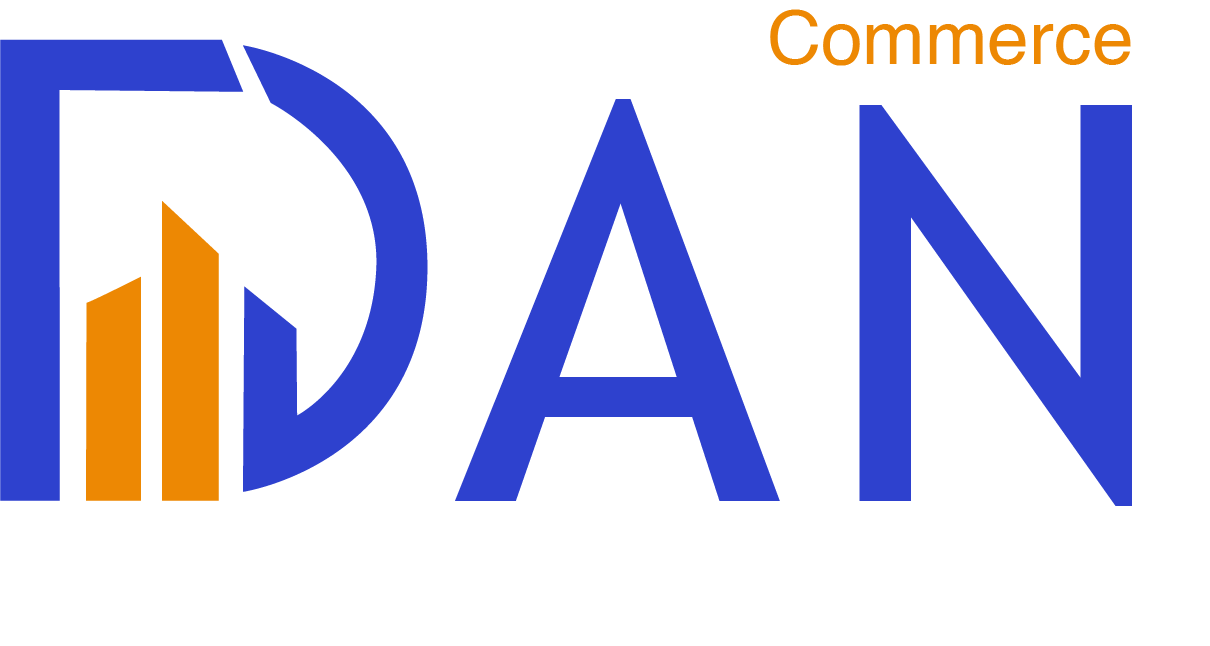Course Content:
Introduction to Global Financial Markets:
Overview of the major global financial markets, including equity, bond, foreign exchange and commodity markets.
Analysis of the structure and functioning of markets, and how they interact in a global context.
Global Economy and its Impact on Financial Markets:
Study of macroeconomic factors that influence financial markets, such as economic growth, inflation, interest rates and monetary policy.
Analysis of the impact of geopolitical and economic events on financial market movements.
Foreign Exchange (Forex):
Functioning of the foreign exchange market, including analysis of major, minor and exotic currency pairs.
Trading strategies in the Forex market, with emphasis on risk management and leverage.
International Stock Market:
Evaluation of the major global equity markets, including the New York, London, Tokyo and Hong Kong stock exchanges.
Strategies for investing in international stocks, considering factors such as geographic diversification and analysis of multinational companies.
Global Bond and Fixed Income Market:
Analysis of the sovereign and corporate bond market in different regions of the world.
Evaluation of fixed income as a tool for portfolio diversification and risk management in a global context.
Commodity markets:
Functioning of commodity markets, including oil, gold, precious metals and agricultural commodities.
Commodity investment strategies and their role in hedging against inflation and market volatility.
Global Financial Derivatives:
Introduction to financial derivatives such as futures, options and swaps, and their application in managing risk in global markets.
Advanced trading strategies using derivatives to maximize returns and minimize risks.
Regulation and Compliance in Global Financial Markets:
Analysis of international financial regulations and their impact on global market operations.
Study of key regulatory bodies, such as the SEC, FCA and ESMA, and how regulations affect market participants.
Technology and Innovation in Financial Markets:
Exploration of how technology is transforming financial markets, including the impact of fintech, blockchain and cryptocurrencies.
Assessment of the opportunities and challenges presented by technological innovations in global financial markets.
Trends and Opportunities in Emerging Markets:
Analysis of emerging markets, their growth potential and associated risks.
Strategies for identifying and capitalizing on investment opportunities in developing economies.
Final Project:
Participants will develop a comprehensive analysis of a specific global financial market, applying the tools and techniques learned during the course.
The project will be presented and defended before a panel of experts, who will evaluate the feasibility and soundness of the analysis and proposed recommendations.
Additional Benefits:
Certification in Global Financial Markets:
Upon completion of the course, you will receive a certification attesting to your proficiency in understanding and managing international financial markets.
Access to Exclusive Resources and Financial Tools:
You will gain access to real-time trading platforms, global economic databases and advanced financial analysis tools.
Mentoring and Professional Networking:
During the course, you will be able to interact with expert mentors in global markets and participate in networking events with international financial industry professionals.
Course Duration: 6 months
Modality: 100% online, with live sessions and access to recorded content.




Valoraciones
No hay valoraciones aún.